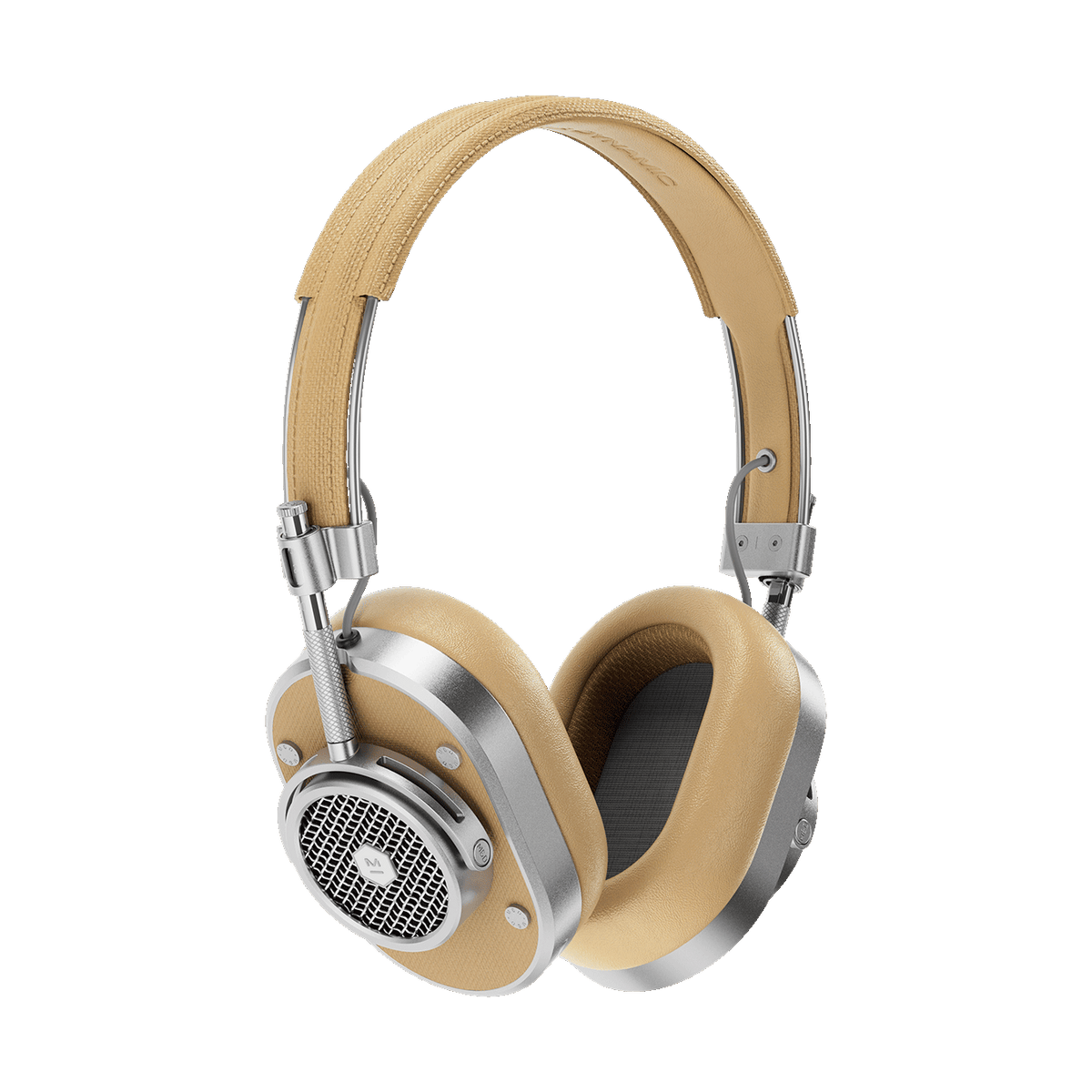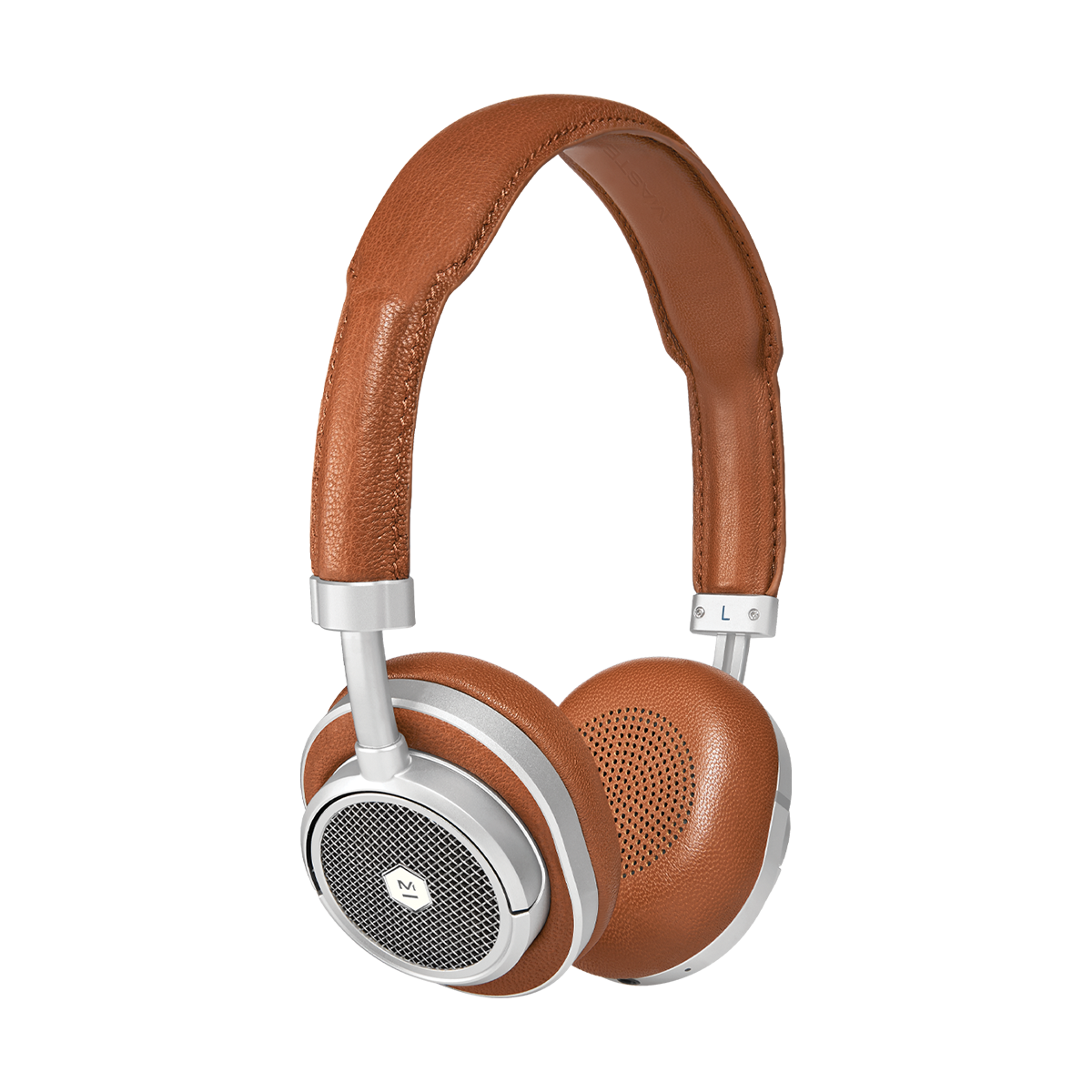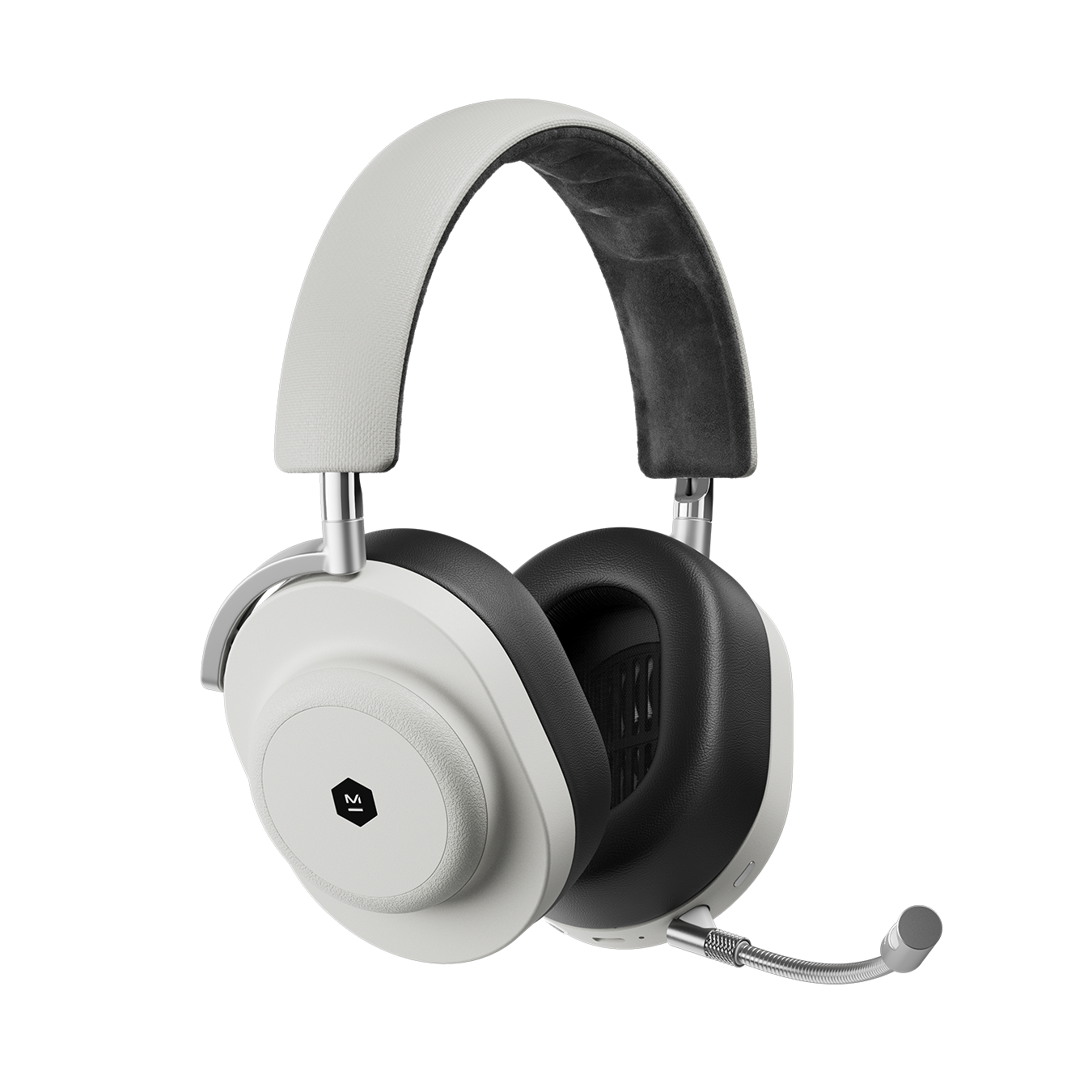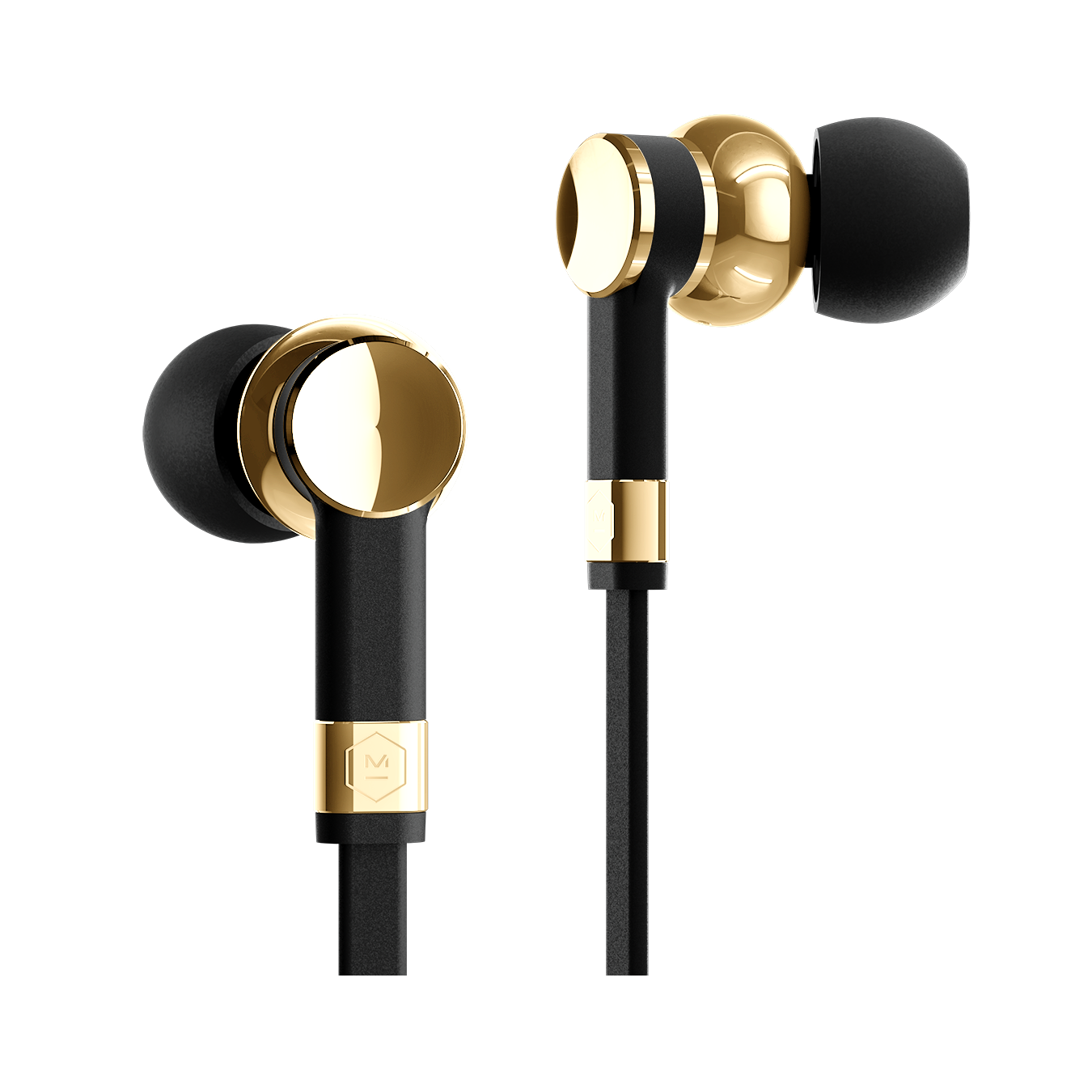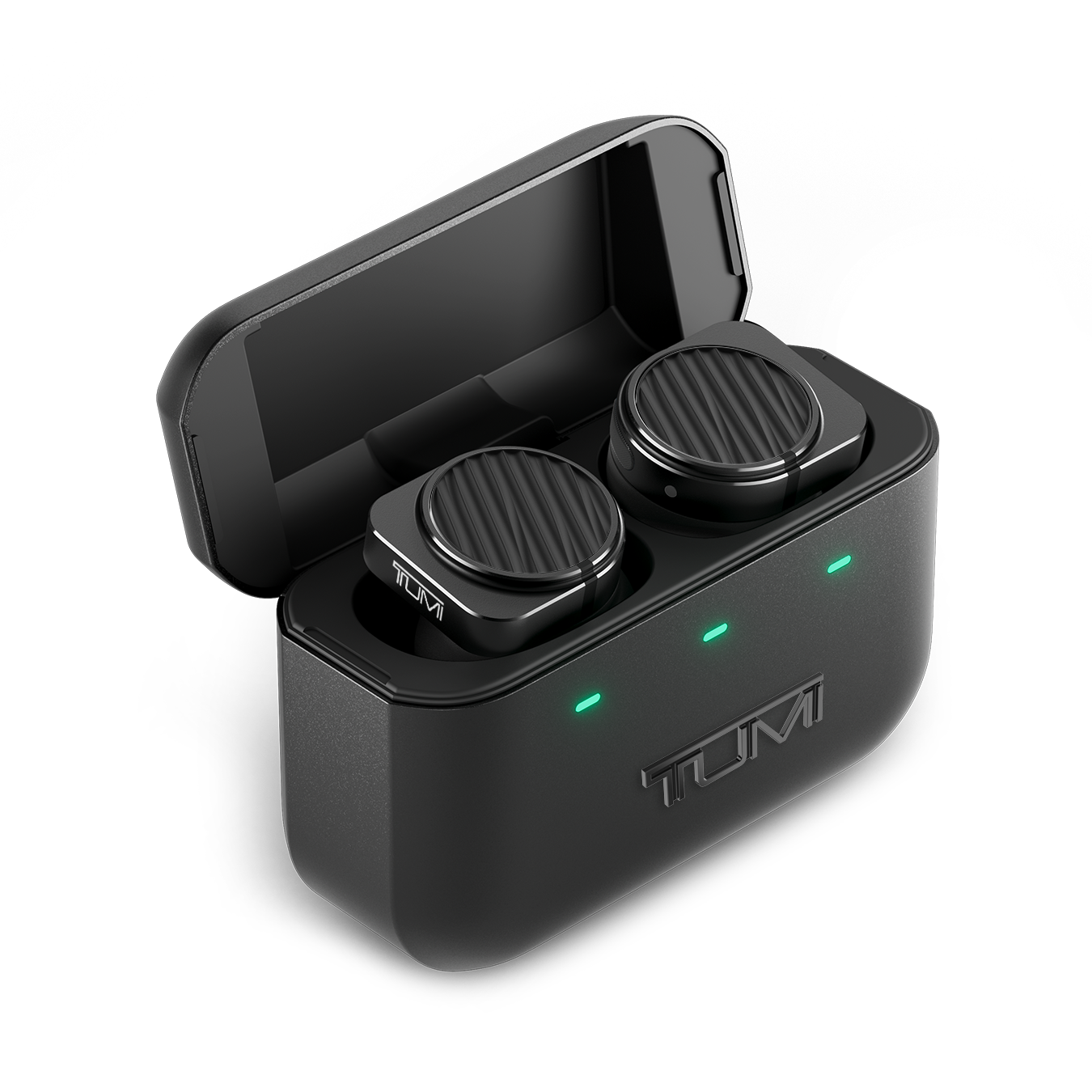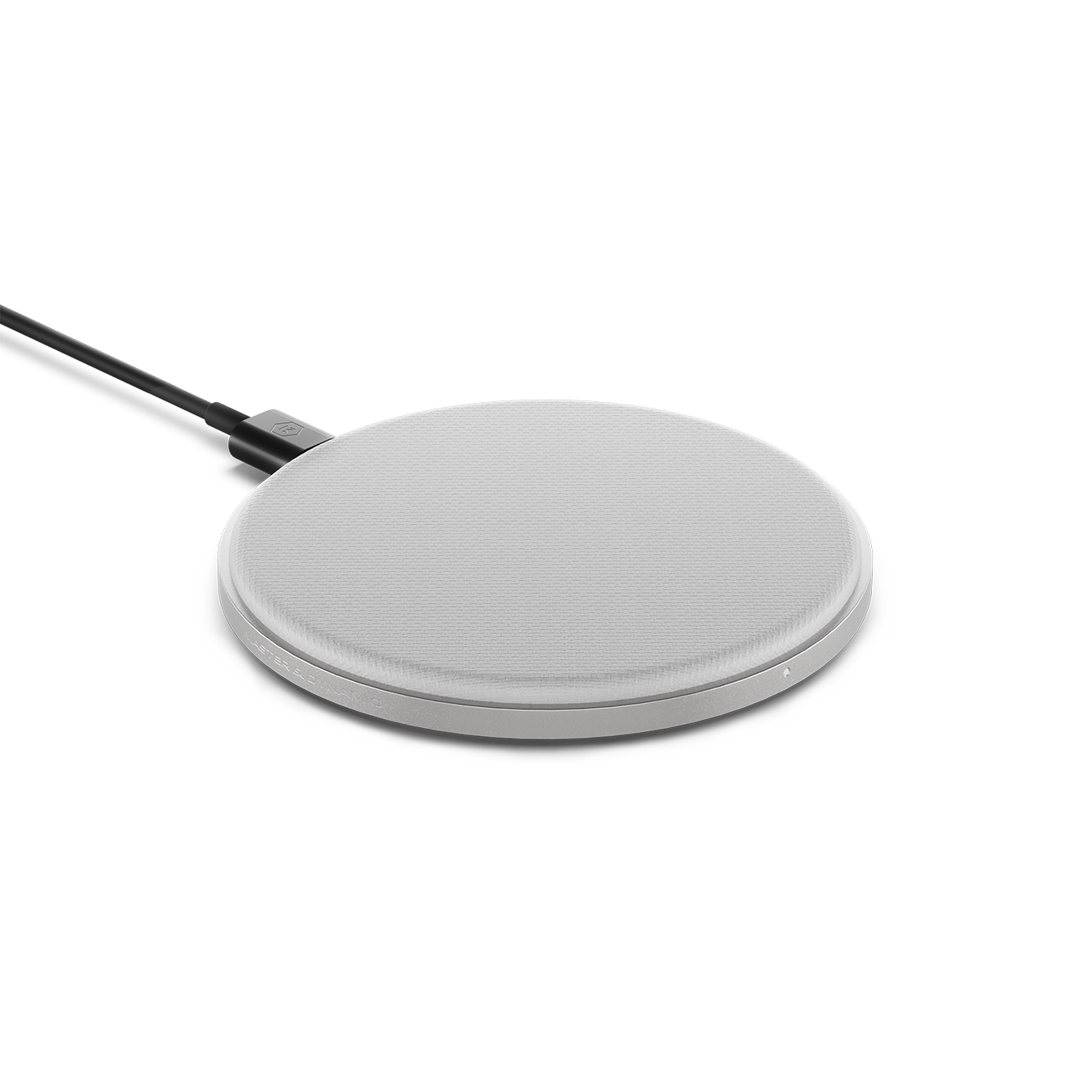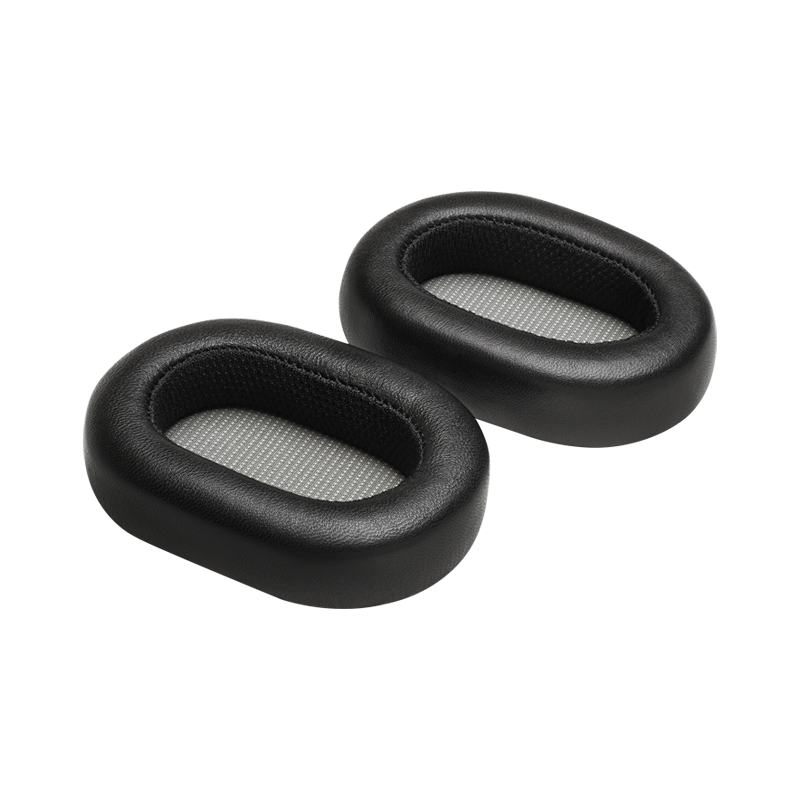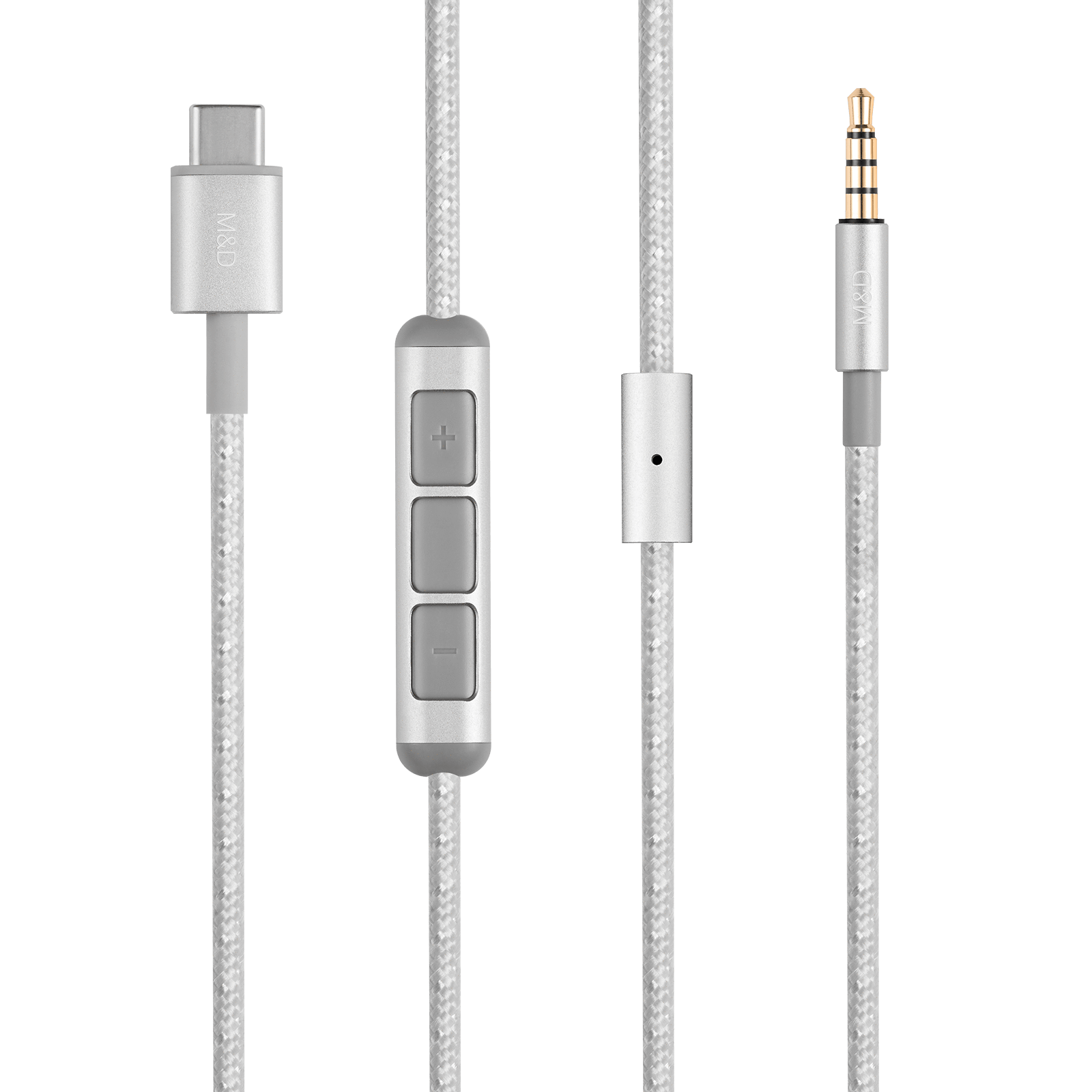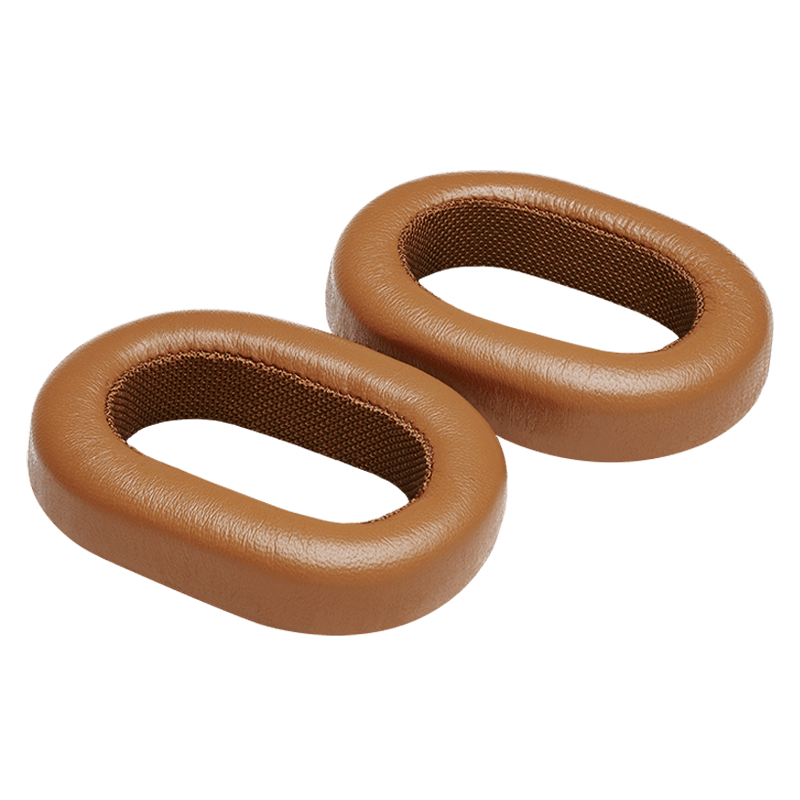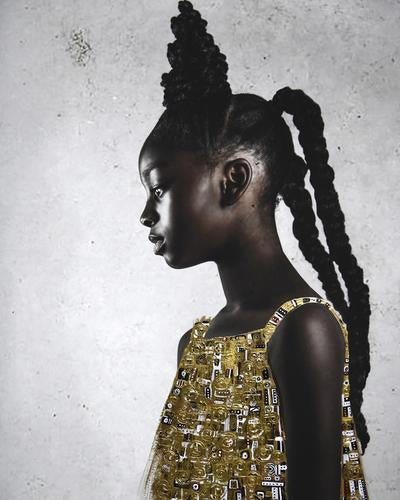In March, we celebrate Women’s History Month. What inspires you about women in the music, art, fashion and film industries? How are women and girls changing history?
I am constantly inspired by the resilience of women in creative industries. A lot of these industries are rooted in creativity and creativity itself has such a feminine energy (think about how an idea is nurtured and developed before being shared with the world). Because these industries are predominantly controlled by men and exist under patriarchal rules and norms, I’m especially fascinated that women continue to fight and shift the power dynamics, by taking up more space and taking on more leadership positions. It’s beautiful to watch creative industries shift into places where art is valued, and where communities are cultivated and supported. Technology has really democratized so many of these creative industries, and I love witnessing that our generation really is breaking norms. This is the first year that I’ve really started to embrace the change in an active and participatory way.
You’ve worked at Columbia Records creating partnerships between artists and brands, and founded a nonprofit organization that provided art and music programs to underprivileged students in predominantly Black communities. Can you tell us what you’re doing now?
Columbia was an incredible time and I made great relationships and learned so much. I left there and worked on Mixed Medium, a non-profit whose initiatives might be coming back in a different capacity hopefully in 2022. But for now I’m continuing to expand my personal business, as a creative branding consultant working with some of the most interesting companies and people that exist at the intersection of music, fashion, art and film. It’s been a wild ride for the past four years, and I’m expanding that business and building a team to be able to take on more clients. I’m also working on The Strategic Collective – taking everything I’ve learned throughout the past eleven years and distilling it down into a more accessible community and course for creatives, which is launching shortly.
Tell us more about Scene, the platform you founded to amplify Black and POC voices in the creative community.
The name Scene is a play on the expression “see and to be seen.” I started thinking about how so many times the Black, Brown and Asian communities really work to shift culture, and how creative trends are often started in these minority communities. I realized that despite that, many people don’t know the names and faces of the creators that shift these fashion, art and music scenes. That really started to bug me; growing up I was a kid looking for a creative career that I could prove to my parents would sustain me financially and I didn’t really have visible examples in the 90’s that I could readily find. So I wanted to make sure that we’re telling the stories of those creators so we have a generation of those that come behind us who understand all of the different ways they can change the world around them.
I didn’t want to keep waiting on magazines that cater to predominantly white communities to see us and tell those stories. I also didn’t want to wait for magazines to use us as their tentpole in their diversity initiatives either. I really wanted those voices to be heard in full, seen in stylistically beautiful ways, and on a platform that was created by us and for us. Scene continues to be a passion project of mine that we’re working to amplify and scale up, to make sure we really do share Black, Brown and Asian stories in a time when we need them more than ever.
You’ve been able to grow your platform on Clubhouse, the new audio only social media app, to over 3.1 million followers since this past summer. What advice do you have for female entrepreneurs and voices to build their platform on Clubhouse?
I see it as a responsibility to my community and myself to use it as a proper vessel; use it as a place of learning, to ask questions of creators who are doing the work — in real life — that impacts culture. I think the biggest thing I learned early on is that there are some really brilliant people on this app who are willing to lend time and thought and knowledge and wisdom, and that is something I most certainly do not take for granted. When I joined last August, there were a lot of music industry legends in the space, which made me eager to hear their perspectives, ask them questions, and to use Clubhouse as an opportunity to ask these incredible creators questions I never thought I’d have the opportunity to. I think when you use or see Clubhouse in that way you see the value of the people around you. Be consistent on the app, network with other creatives, find people you want to connect with and build new and interesting rooms with them. Also, figure out what stories you want to tell. Whether it’s stories about yourself or others, create a program that amplifies that. Clubhouse, and voice technology in general, is a special thing for any entrepreneur, but especially women entrepreneurs as we work to move through these industries.
What kinds of conversations are you hoping to host and fuel on Clubhouse, and has anything in particular about the Clubhouse UX surprised you compared to other mediums and social platforms?
The beauty of voice and the beauty of watching a conversation unfold in real time, as opposed to just listening to a podcast, is that it encourages active listening. The app itself calls for active participation – whether you’re tweeting about the conversation, connecting with other people in the room, or raising your hand to ask a question. Witnessing conversations unfold and all the nuance that comes with voice – the emotion, the diction, the prose – is what makes Clubhouse so special. Someone could be speaking for five minutes and then a gem just drops. For me, active listening is thrilling in a way that isn’t comparable to when you listen to a pre-recorded podcast.
I would love to host more talks on Clubhouse with industry insiders and leaders – people whose wisdom is not only pivotal to helping others grow, but whose name you might not readily know despite potentially understanding or seeing the impact of their work. I love the idea of hosting conversations like that especially with brands that have reach and also find it valuable. There is something there for how we can empower creatives in the community through brand mobilization and also what the app does to support that. The user experience difference for me is the ability to pick your own journey. You can scroll through thousands of events to find something that might be valuable, and have the patience to sit there and actively listen in order to get something out of it. Clubhouse conversations are not recorded, and creates a sort of addictive quality with the app so not to miss some of those textures and tones. But, it’s one that I really appreciate and differentiates itself from Instagram or Twitter where you see the remnants and can always look back and reference, whereas Clubhouse really forces you to be present in the here and now. It’s a tight creative community, and I’ve met so many interesting and wonderful people just through the power of voice. It’s a very different space, but it’s wonderful at the same time.
Which female musicians or voices have resonated with you most this past year, and are you excited about any emerging talent in particular?
There is a solid community of beautiful women on the app. There are so many who stand out, including Fadia Kader, Nana Maia, Crystal Mais, Sandrine Charles, Clara Jeon, to name a few. As far as emerging talent that I’m really excited about, Baby Rose has a voice that can and will define this decade. It’s nostalgic, deep and sultry but also raw, honest and emotion-filled. She’s incredibly primed to take the world by storm. Also, Nina Chanel Abney-- her art is beautiful and the way she’s willing to embrace mainstream consumers is special. She really allows for a wider demographic to collect her art, from developing merchandise to art prints to UNO cards and more.
